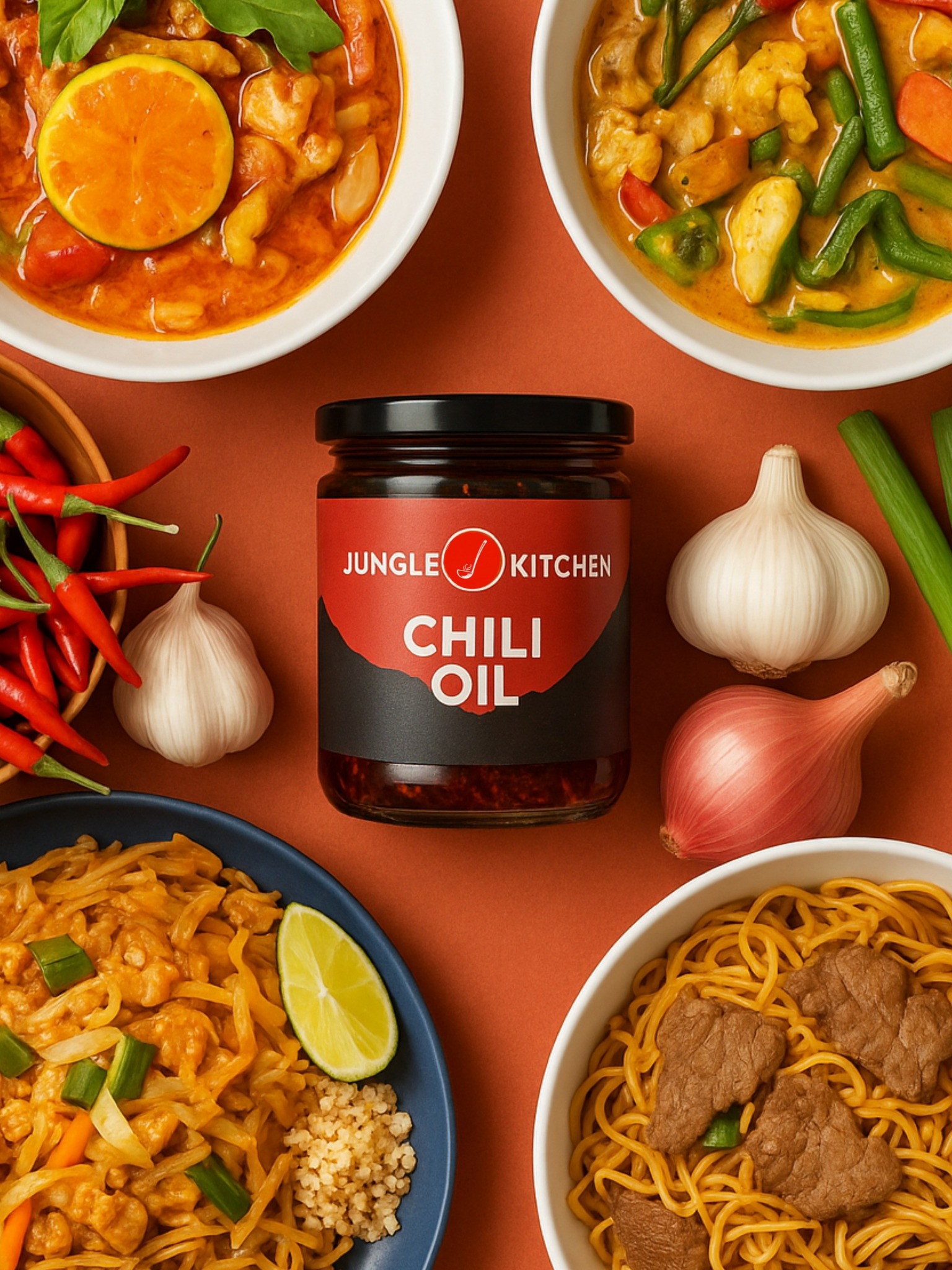Alright – so today we’ve got the honor of introducing you to Seyla Khoem. We think you’ll enjoy our conversation, we’ve shared it below.
Alright, Seyla thanks for taking the time to share your stories and insights with us today. Risking taking is a huge part of most people’s story but too often society overlooks those risks and only focuses on where you are today. Can you talk to us about a risk you’ve taken – it could be a big risk or a small one – but walk us through the backstory.
Starting Jungle Kitchen was undoubtedly one of the most significant and daunting decisions we’ve ever made. My business partner and I entered the restaurant industry with no prior experience—my background lies in software engineering, and he worked in banking. I was familiar with writing code, troubleshooting technical issues, and working behind a screen. The jump to opening a restaurant, where I would find myself cooking in a bustling kitchen, managing operations, and engaging directly with customers, felt like a complete transformation. Yet, we had a firm conviction in our vision. For years, we catered homemade Cambodian and Southeast Asian dishes to local businesses around Chanhassen, and the response was overwhelmingly positive: “This food is amazing; you should open a restaurant!”
We took a leap of faith and invested our savings and passion into launching Jungle Kitchen, a family-run restaurant focused on bold, authentic flavors. Despite a steep learning curve in managing operations and attracting customers, we remained confident in our food quality and strong community connections.
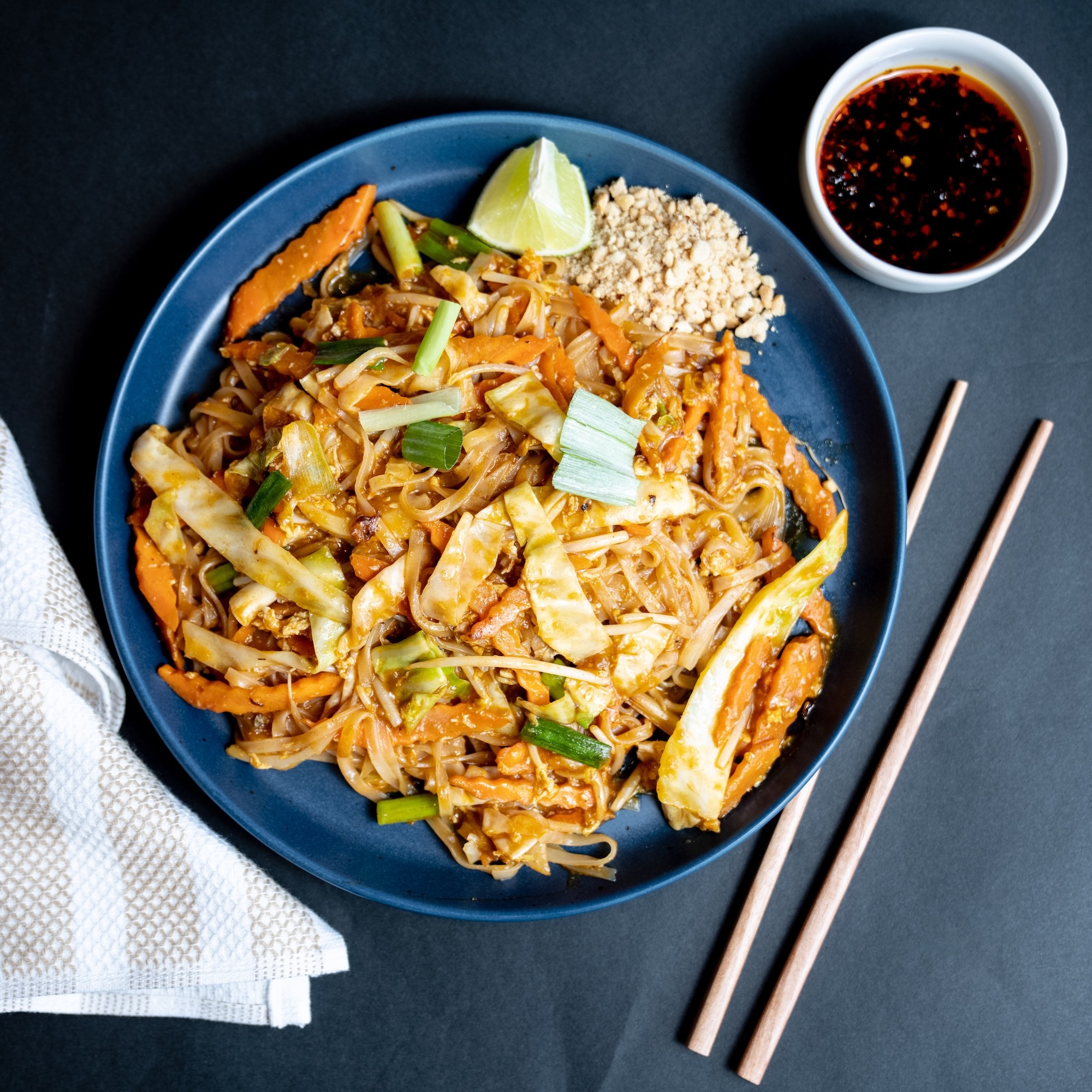
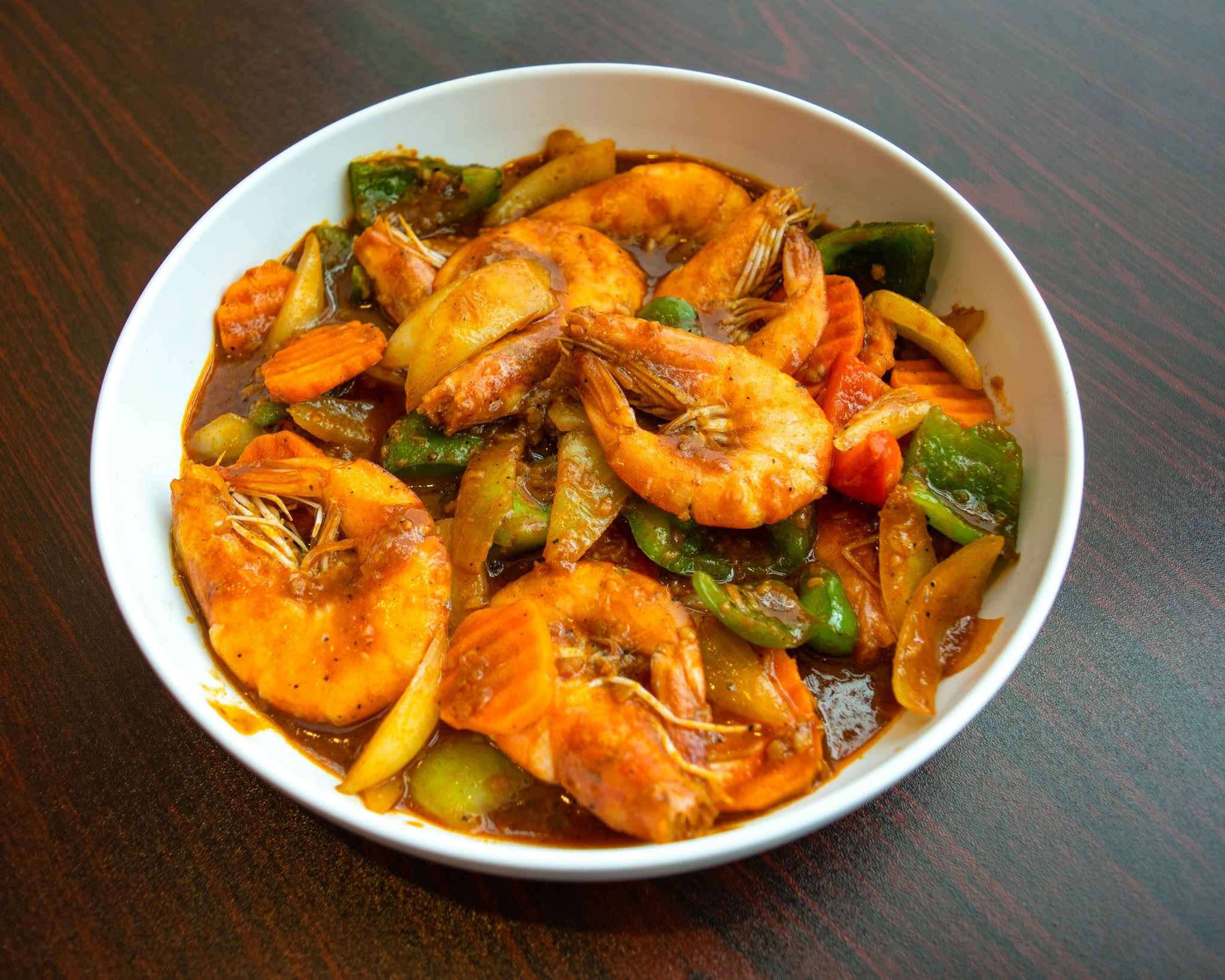
Seyla, love having you share your insights with us. Before we ask you more questions, maybe you can take a moment to introduce yourself to our readers who might have missed our earlier conversations?
We are Jungle Kitchen, a family-run restaurant and food brand in Chanhassen, Minnesota, specializing in Southeast Asian cuisine. With Cambodian roots, we share bold flavors from our heritage through a mix of Cambodian, Thai, Vietnamese, and Chinese dishes.
Our commitment to authentic, handcrafted recipes sets us apart. We proudly introduce Cambodian flavors to many customers. During the pandemic, we launched our chili oil brand, which now ships nationwide and is available in select local grocery stores like Lakewind Grocery, United Noodles, and Asia Mall in Eden Prairie.
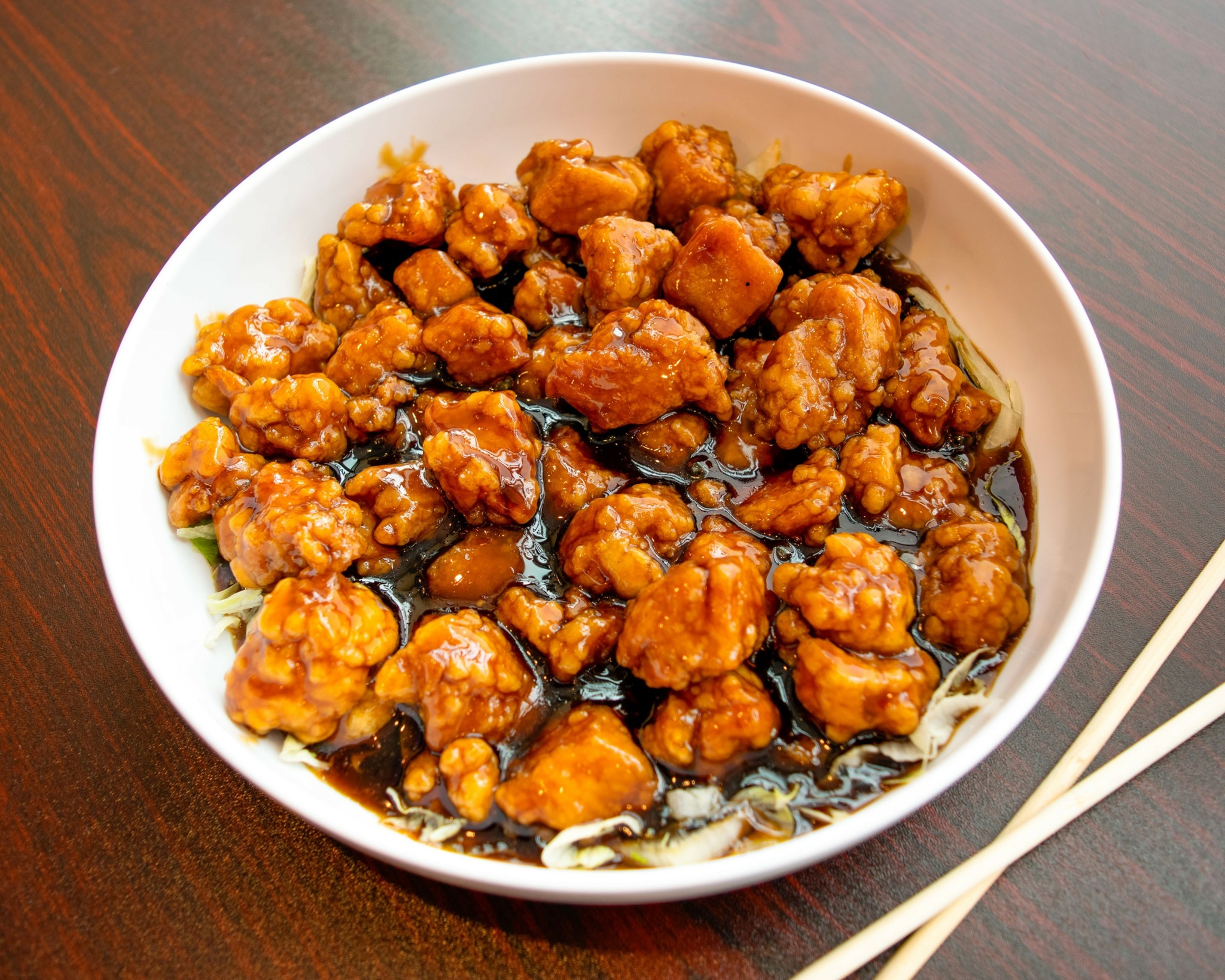
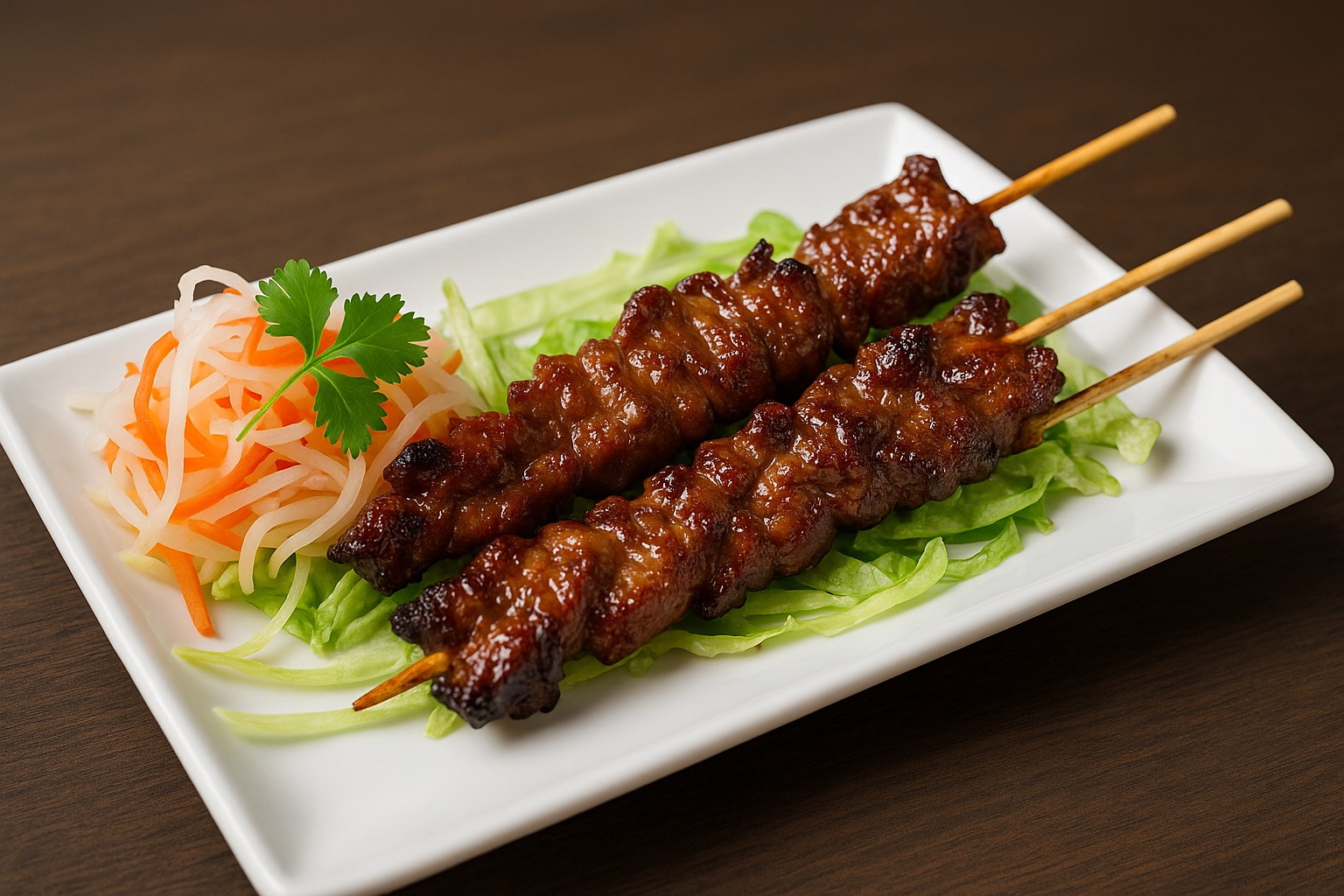
How about pivoting – can you share the story of a time you’ve had to pivot?
One of the most defining pivots we made at Jungle Kitchen occurred during the COVID-19 pandemic. Like many small restaurants, we were forced to rethink everything fast.
We had just started to gain traction in Chanhassen when dine-in service suddenly came to a halt. With safety and survival on the line, we quickly adapted by shifting our restaurant into a more fast-casual model. We implemented curbside pickup so customers wouldn’t have to come inside, which made people feel safer and more supported during a very uncertain time. We didn’t stop there. We also saw a way to help both our customers and our suppliers. Many people struggled to find groceries, and some of our local suppliers were sitting on extra inventory due to closures elsewhere. So we directly integrated grocery items—like rice, sauces, and pantry staples into our restaurant website. That way, when customers come to pick up food, they can also grab essential groceries at one stop.
It became a win-win-win: for our customers, who appreciated the convenience and care; for our suppliers, who were able to keep their products moving; and for our business, which was able to stay afloat and strengthen community relationships.
That pivot wasn’t something we had planned, but it showed us the power of creativity, resilience, and community.
To this day, many of our customers still thank us for stepping up during a hard time. It reminded us that Jungle Kitchen is more than just a place to eat; it’s a part of people’s lives.
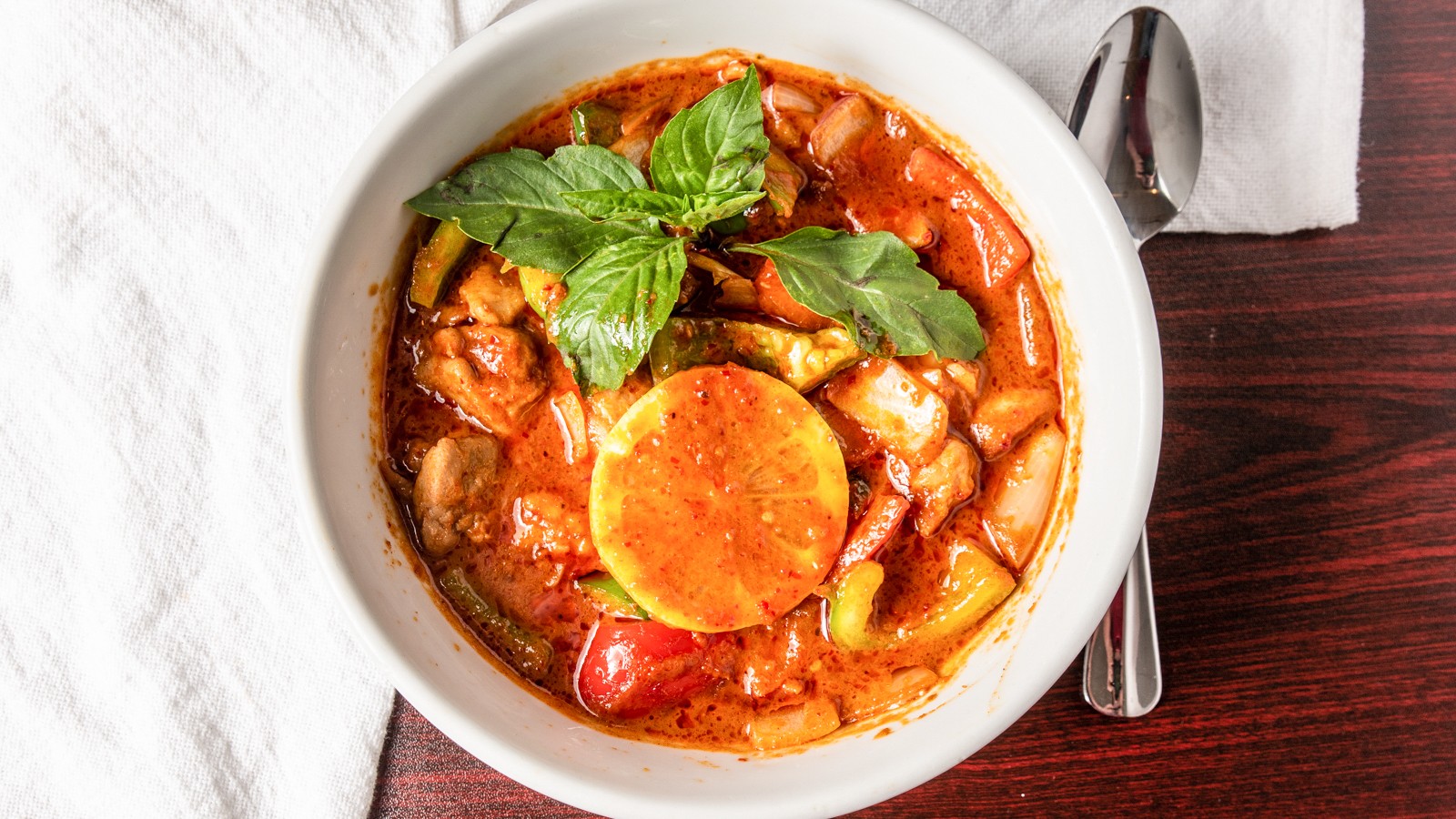
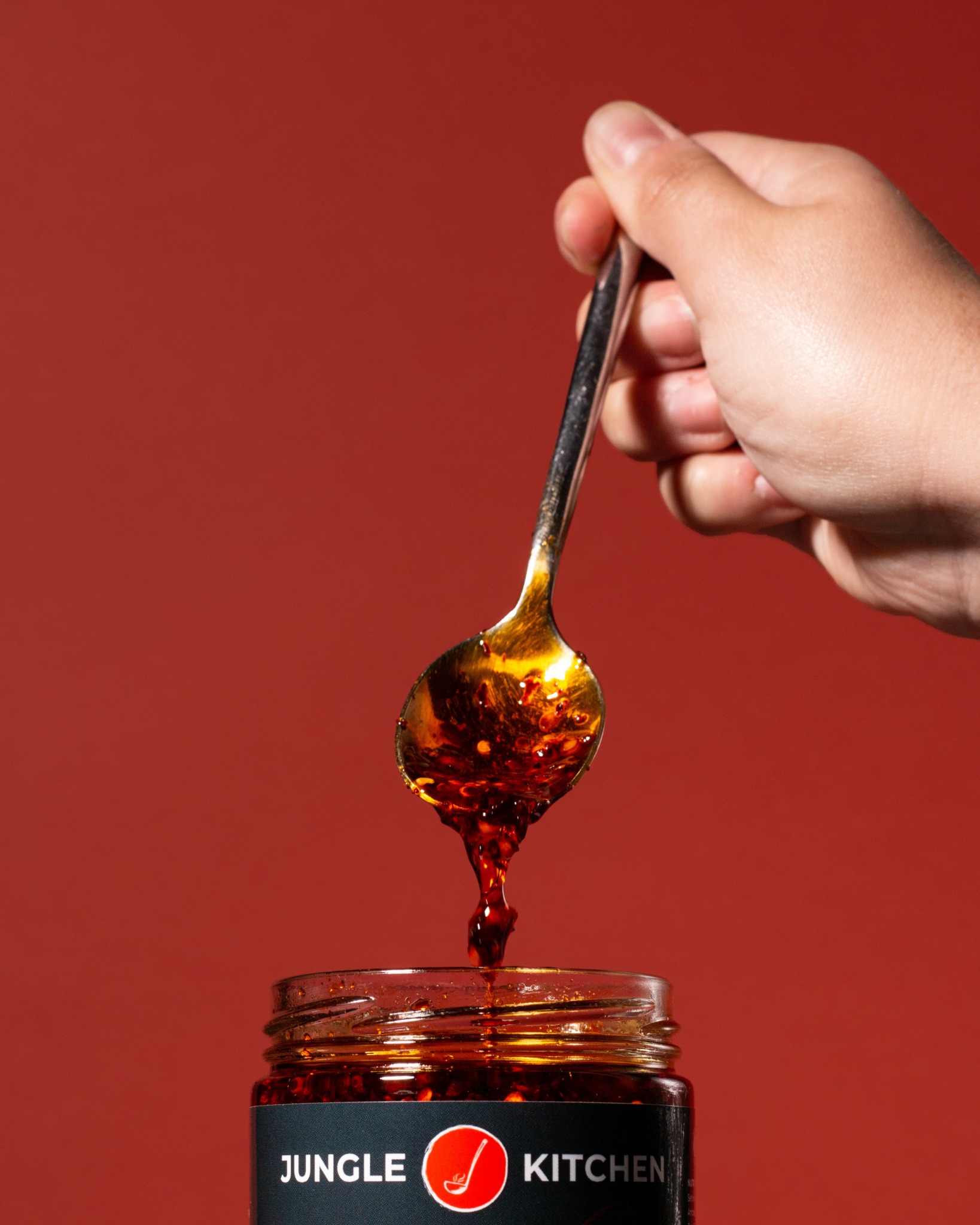
Can you talk to us about manufacturing? How’d you figure it all out? We’d love to hear the story.
Yes, we manufacture our Jungle Kitchen Chili Oil, but getting there took time, patience, and a lot of learning.
Our chili oil started as a restaurant’s house-made condiment, and customers kept asking to take some home. That’s when we realized we had something special worth turning into a product.
We had no prior experience in food manufacturing, so we began by making small batches ourselves. Sourcing ingredients and packaging, navigating food safety regulations, and nutritional labeling took nearly a year and a half. Every step involved testing, adjusting, and ensuring we met compliance standards without sacrificing flavor or quality.
When it was time to scale, we met with over 20 co-packers across Minnesota. However, none of them were willing to take on the project due to the complexity of our recipe. Our chili oil requires a specific method and balance that most couldn’t handle.
Eventually, we found a co-packer in Ohio who understood the process and could faithfully reproduce our recipe at scale. That partnership became a turning point for us, it allowed us to grow while maintaining the taste and integrity our customers love.
One of our biggest lessons is that manufacturing a food product takes more than a great recipe. It takes persistence, the right partners, and a commitment to doing things right even when it’s not the fastest route. Now, our chili oil is sold online and in stores, and we’re proud of every jar that goes out the door.
Contact Info:
- Website: https://junglekitchen.com
- Instagram: https://www.instagram.com/shopjunglekitchen
- Facebook: https://www.facebook.com/shopjunglekitchen
- Linkedin: https://www.linkedin.com/company/jungle-kitchen
- Other: tiktok:
https://www.tiktok.com/@shopjunglekitchen
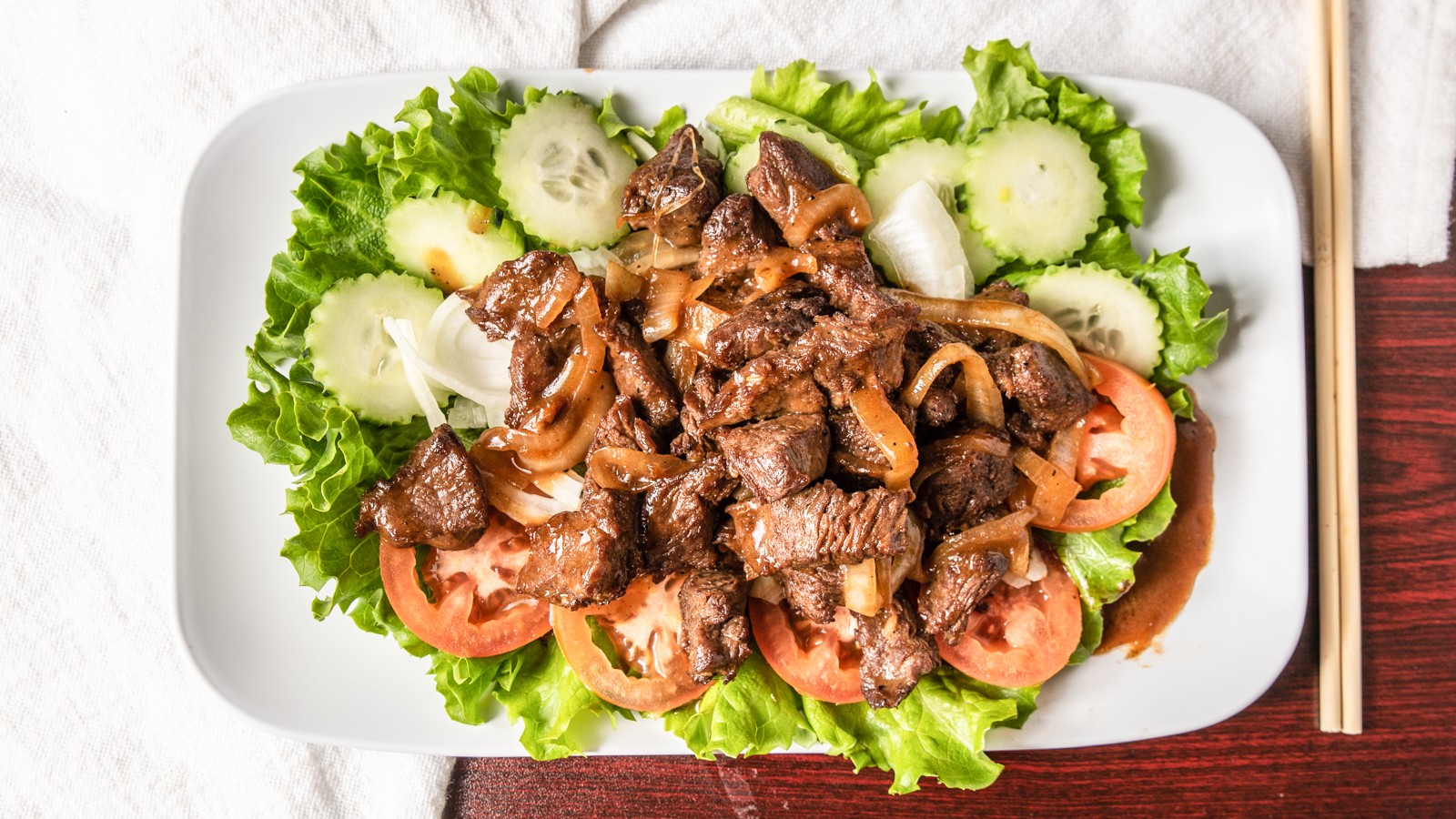
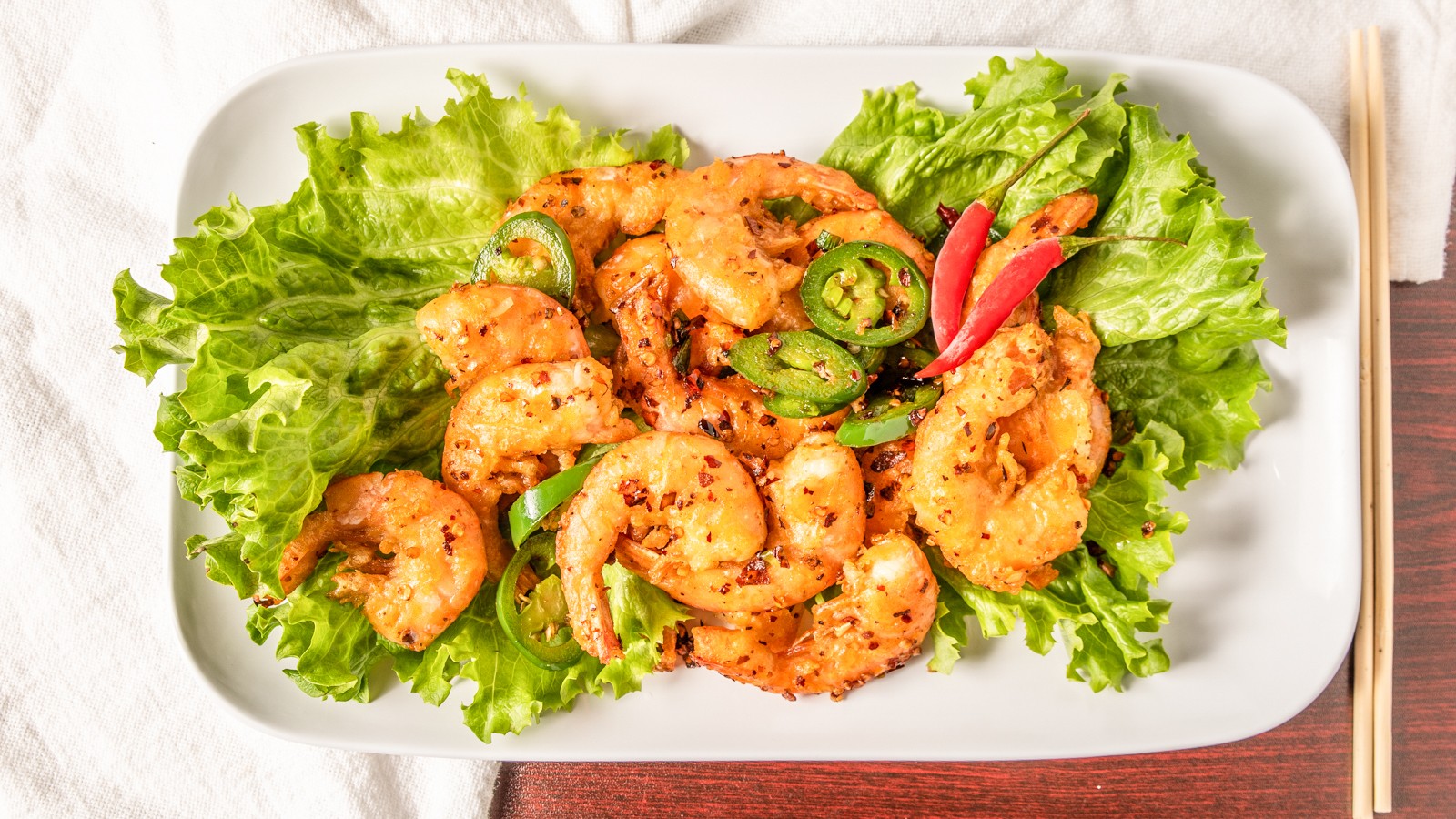
Image Credits
All images are the property of Jungle Kitchen.


